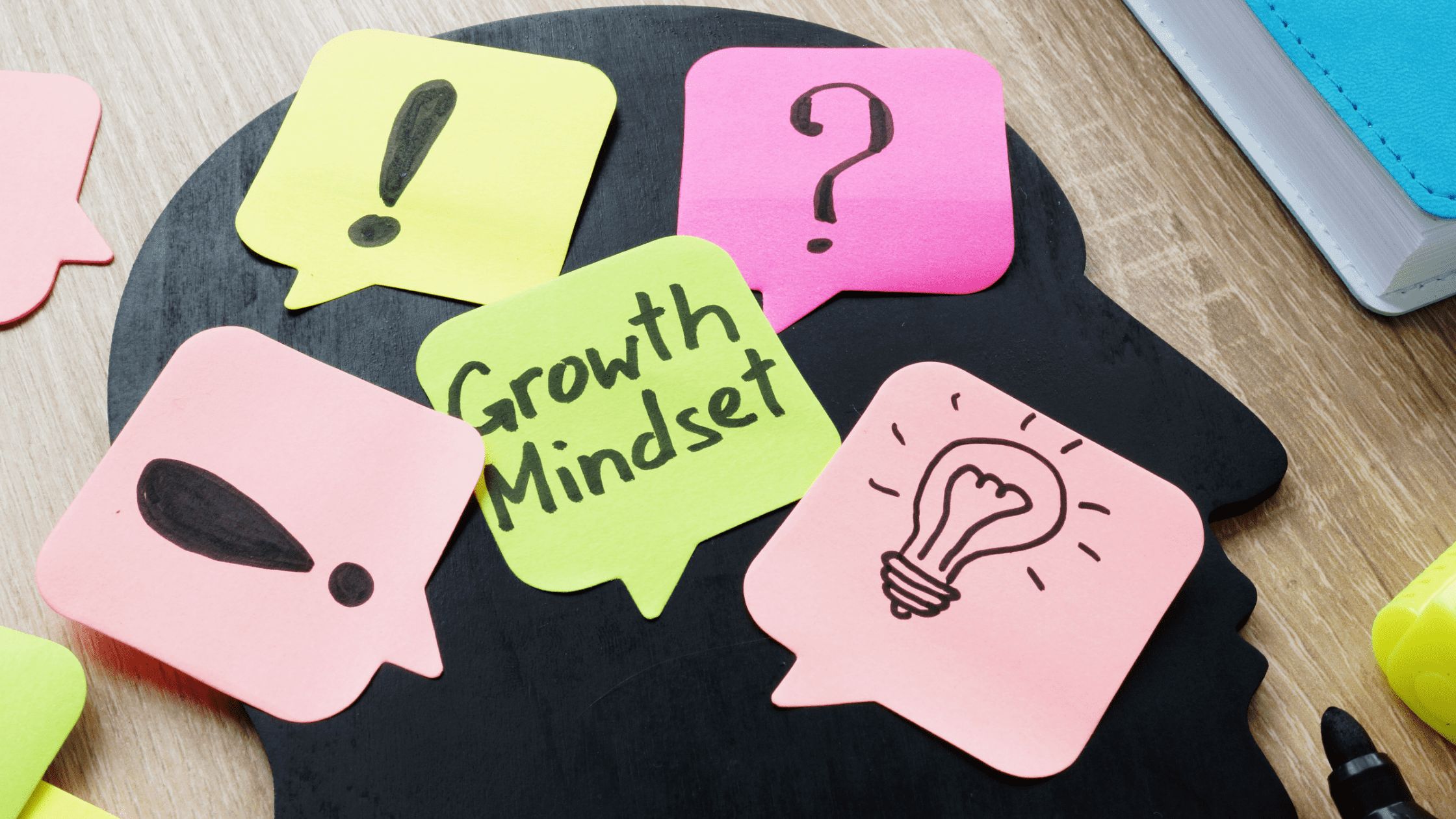Growth mindset refers to the belief that individuals can develop their abilities and intelligence through hard work, dedication, and a willingness to learn from failure. This concept was popularized by Stanford psychologist Carol Dweck, who described it as the opposite of a fixed mindset, where individuals believe that their abilities and intelligence are predetermined and cannot be changed. In a growth mindset, people embrace challenges, persevere through obstacles, and view failures as opportunities to learn and improve. Adopting a growth mindset can lead to greater success in both personal and professional endeavors, as individuals are more likely to take on new challenges and see them through to completion.
Fixed Mindset vs Growth Mindset
Fixed mindset and growth mindset are two different beliefs about personal abilities and intelligence. Individuals with a fixed mindset tend to believe that their abilities and intelligence are predetermined and cannot be changed. They view their successes and failures as a reflection of their inherent talents and qualities, rather than their effort or strategies. As a result, they may avoid taking on new challenges or risk failure to avoid appearing incompetent.
On the other hand, individuals with a growth mindset believe that they can develop their abilities and intelligence through hard work, dedication, and a willingness to learn from failure. They embrace challenges, persevere through obstacles, and view failures as opportunities to learn and improve. They focus on effort and strategies, rather than their innate talents, as the key to success.
The difference between these two mindsets can have a significant impact on personal and professional growth. Fixed mindset individuals may limit their potential by avoiding challenges or taking a narrow view of their abilities, while those with a growth mindset tend to be more open to new experiences and opportunities for growth. By adopting a growth mindset, individuals can develop a more positive attitude toward learning and personal development, leading to greater success and fulfillment in life.
The Importance of Growth Mindset
Having a growth mindset is essential for personal and professional growth. When we believe that we can develop our abilities and intelligence through hard work and dedication, we become more open to new experiences and opportunities for growth. This leads to a more positive attitude toward learning and personal development, which in turn can lead to greater success and fulfillment in life.
One of the most significant benefits of having a growth mindset is resilience in the face of failure. When we view failure as an opportunity to learn and improve, we are more likely to persevere through obstacles and come out stronger on the other side. This can lead to greater confidence and a willingness to take on new challenges.
Another benefit of having a growth mindset is increased creativity and innovation. When we believe that our abilities are not fixed, we become more open to new ideas and approaches to problem-solving. This can lead to breakthroughs and advancements that might not have been possible with a fixed mindset.
Additionally, having a growth mindset can improve relationships and communication skills. When we are open to feedback and willing to learn from others, we can develop stronger bonds with colleagues, friends, and family members. This can lead to greater collaboration, empathy, and understanding.
Cultivating Growth Mindset
Here are some of the strategies organizations can implement in order to cultivate growth mindset:
Promote a culture of learning and development: Encourage employees to take on new challenges and seek out opportunities for growth, such as training programs or skill-building workshops.
Encourage risk-taking and experimentation: Create a safe space for employees to try out new ideas and approaches without fear of failure or judgment.
Provide constructive feedback: Encourage managers and colleagues to provide feedback that is specific, actionable, and focused on improvement rather than criticism.
Celebrate effort and progress: Recognize and reward employees for their hard work and progress, rather than just their final outcomes.
Foster collaboration and teamwork: Encourage employees to work together to solve problems and share knowledge and expertise.
Model growth mindset behaviors: Leaders and managers should model growth mindset behaviors, such as openness to feedback, a willingness to learn, and resilience in the face of failure.
Provide opportunities for reflection and self-assessment: Encourage employees to reflect on their progress and identify areas for improvement, and provide tools such as self-assessment surveys to support this.
Encourage a growth mindset language: Use language that reinforces a growth mindset, such as “not yet” instead of “failed” or “fixed” mindset statements.
By implementing these strategies, organizations can cultivate a growth mindset culture that promotes learning, development, and innovation, leading to better outcomes for both employees and the organization as a whole.
PEDALS has helped many organizations in cultivating growth mindset among their leaders. Contact us today to learn more about how we can do the same for you.

